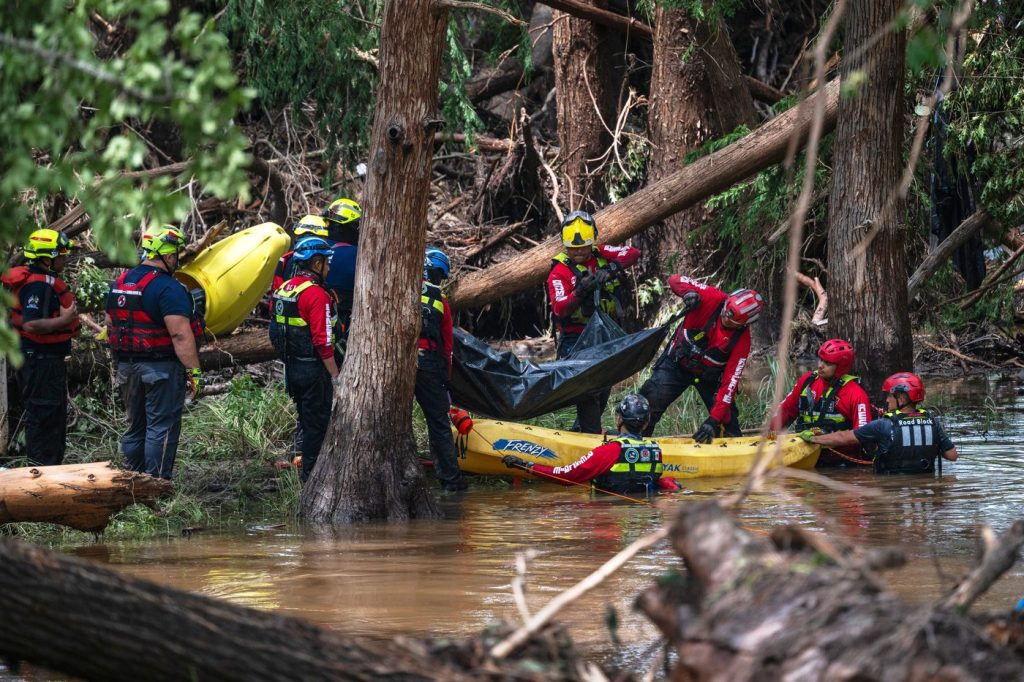Ryan Ness, Director of Adaptation Research at the Canadian Climate Institute, is sounding the alarm as flash floods and deadly storms become increasingly frequent and severe around the world. Watching the recent tragedy in Texas, where over 100 lives were lost in a flash flood, Ness fears Canada is ill-prepared for a similar catastrophe.
“Luckily, there are many ways we can protect ourselves,” Ness explained, “but we have to make the effort. First, we need to understand where the risk is.”
Many parts of Canada lack accurate and updated flood maps, making it difficult to identify danger zones or issue effective warnings. Without proper data, it’s nearly impossible to direct emergency services or guide development safely.
In addition to mapping, Ness emphasized the need for better flood warning systems and major infrastructure upgrades. Simple changes like installing backflow valves to prevent sewer backups or building floodwalls along rivers can make a big difference. He also cautioned against new construction in areas already vulnerable to flooding.
Climate change, Ness warns, is making flash flooding more common and more destructive. Over the past year, Canada has seen several alarming incidents—from a deadly mudslide in Coquitlam, B.C., triggered by an atmospheric river, to nearly $1 billion in insured losses after Toronto’s drainage systems were overwhelmed during a severe rainstorm.
Certain regions face heightened danger. In British Columbia’s Interior, steep terrain and post-wildfire soil erosion increase the risk of sudden landslides. Alberta’s front ranges of the Rockies, with their hard, non-absorbent surfaces, can rapidly funnel rainwater into towns like Canmore, which has already experienced catastrophic flooding in 2013.
Urban areas aren’t immune either. In cities like Toronto and Montreal, paved landscapes prevent rain from soaking into the ground. Stormwater quickly overwhelms sewers, resulting in flooded streets and basements. Toronto has committed billions to upgrading its storm sewer system—but the process is costly, slow, and highly disruptive.
Ness warns that Canada cannot afford to delay action. “Climate change isn’t going to wait,” he said. “There are many smart engineers and officials who know exactly what needs to be done. But unless we support and invest in these projects now, we simply won’t be ready.”

